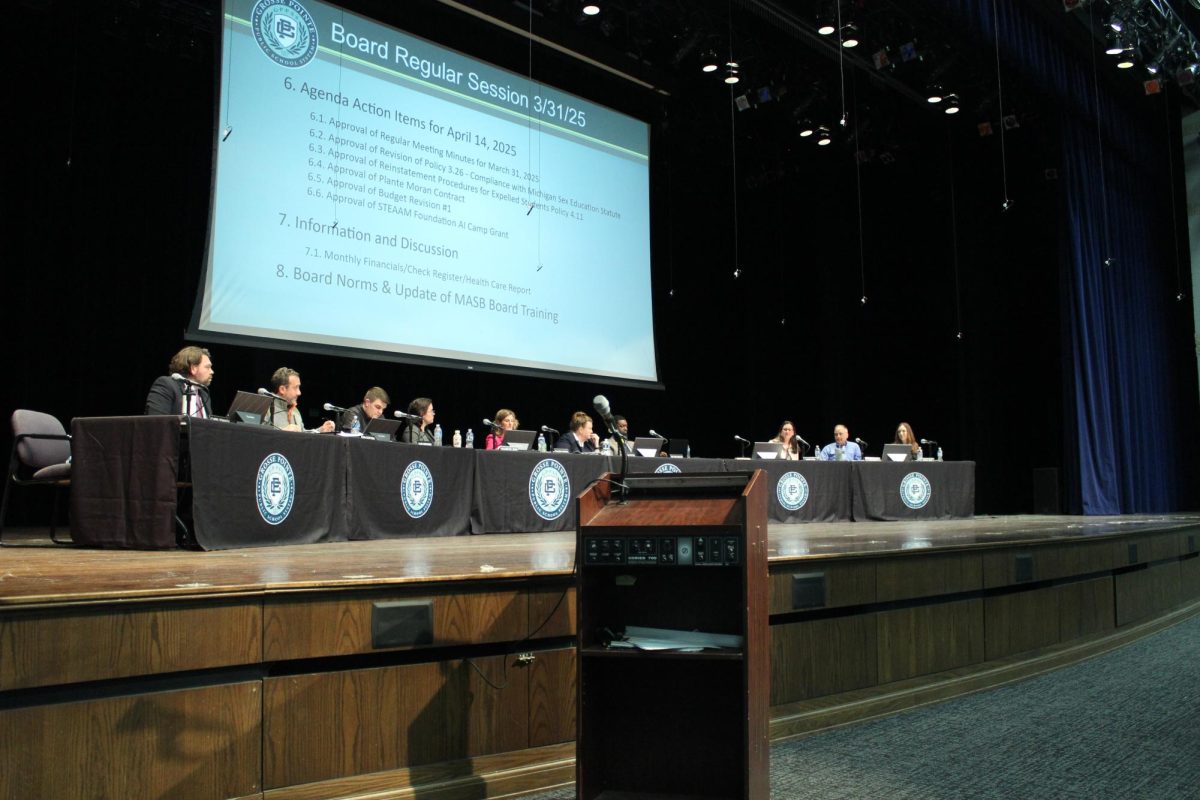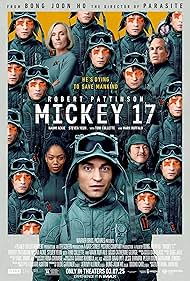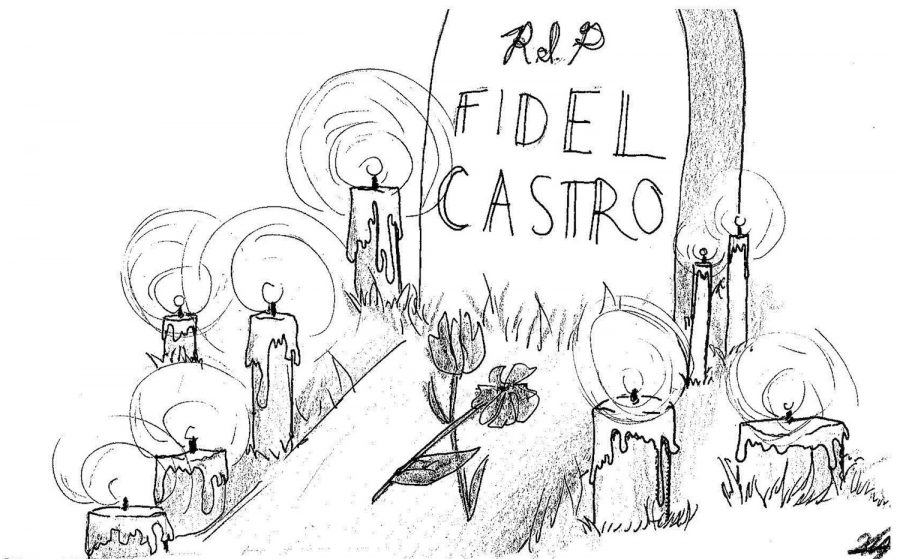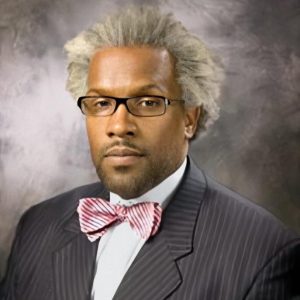Fidel Castro: Viva Comandante
December 2, 2016
There is this wonderful photo of Fidel Castro leaning back in a hammock, all dressed in his classic military fatigues, sporting a pair of reading glasses (unexpected for the leader of the Cuban Revolution). Anyway, he’s in this distinctly Caribbean jungle, and he’s lounging back with book– it holds his gaze, and by his look, all of his thoughts.
There is something so profound about that image– it seems like you can feel Castro’s soul seeping through it, a calculating, studious, musing soul.
He was so many things– so many things to so many people whether they loved him or whether they loathed him. What not many others, particularly Americans have spared thought for is a reason to love him, however.
We seem to live in an era where the pictures from radiant textbooks and their methodical messages are taken into one’s consciousness blindly and without further thought, without taking a closer look and reading between the tightly packed lines.
There is an ever present sentiment of vilification lurking in western media as well, it teaches us: we are the good guys, those communists, are, of course, the bad guys. Why would we question it? Why would we delve further when our outlets seem to tell us so much about this perceived world, contain in the ideological bubble of narrow, American perception?
There isn’t a source I’ve heard, whether it is deemed liberal or conservative by the collective populace, that has truly broken the surface when it came to the achievements of Castro.
There is such a confidence in America’s first-world luxury, that an eye is never bat to look toward areas in which Cuba and Castro’s vibrant society, come out on top. Nobody has discussed the flourishing educational opportunities in Cuba, which is normally looked at his some vile and nefarious, constricting society– what of the 10:1 teacher to student ration, or the profound rate of the tutelage of doctors, who are sent across the world to do good– 130,000 since 1961, which is quite significant concerning the population of the communist country.
Yet people will often work to dismiss and dismantle these observations, for to them, Castro is a tyrant, not a man who gave light to the land which was declared as a worldwide safe haven for infants and growing children— not a man who eliminated homelessness or one whose dedicated medical physicians found the solution to the transmission of HIV-AIDS from mothers to their children, or four vaccines against cancer, for many dismiss Castro and the Revolution for the propagandized track of bloodshed, which is questionably sourced.
In a nation which was founded with hands stained red from a brutal revolution, one would think there would be more understanding on part of the Cuban Revolution and the 26th of July Movement.
Of course people were killed, on both sides, however. Fidel Castro and his comrades fought to liberate a nation from a ruthless autocrat who sought luxuries and lust above all else, who was more keen to build casinos and entertain wealthy friends from across the international spectrum, than he was to aid a people suffering from famine, pestilence and penultimate death.
For his revolutionary action, he was punished by a potential partner which he embraced, wouldn’t you guess it, the United States.
President Dwight D. Eisenhower refused to see Fidel Castro when he visited America, instead ducking his head behind a golf course as Castro sat in D.C., his credibility and justification spit on by the executive administration.
Yet he returned to Cuba, and with an embargo looming over his head which most economists guessed would spell defeat for his home, which he loved so dearly, he recovered– recovered with not only his ingenuity, but that of his people.
The Cubans learned to get by and embrace the pillars of community and equality to create a blossoming society, where they maintained automobiles deemed ancient by today’s standards up to these modern years– where quality of life would progressively increase as child malnourishment would be all but dispelled, putting food and human rights on the table for millions of Cubans.
Though there will be those apt to bring up the citizens who fled Cuba. Many of these were justified, I will not refuse to admit, they had relatives, close family, or they themselves were on the losing side of the conflict. Many who claimed exile, were indeed privatized business and farm owners, or those of the bourgeois class who would ultimately refuse to give up some to aid the many.
From a capitalist standpoint, these people were not in the wrong, and even this is how you feel, which is nowhere far from acceptable in a free nation such as this one– an individual should be familiar with the pretenses for the departure from Cuba, for death was not an option set upon the table, as is so often associated with that ruthless dictatorship we hear so much about.
I would be a fool to pronounce Castro’s administration a clean-handed one, for they were not– but in relation to American palms, there was a certain hygienic quality to be admired.
Though the time now is not to compare the blood shed of human lives, but to embrace a future bettered by the presence of Castro and all he stood for.
It was Castro who said that his country made his humanity and his love for the world, Castro who praised the will of the common man and the masses, who brought a profound legacy to Cuba doing what he loved for the people he loved, he, after all, was a man of love.
Read the opposing viewpoint, written by Jack Holme ’17 here: https://thetowerpulse.net/24422/featured-content/castro-had-it-coming/















































































